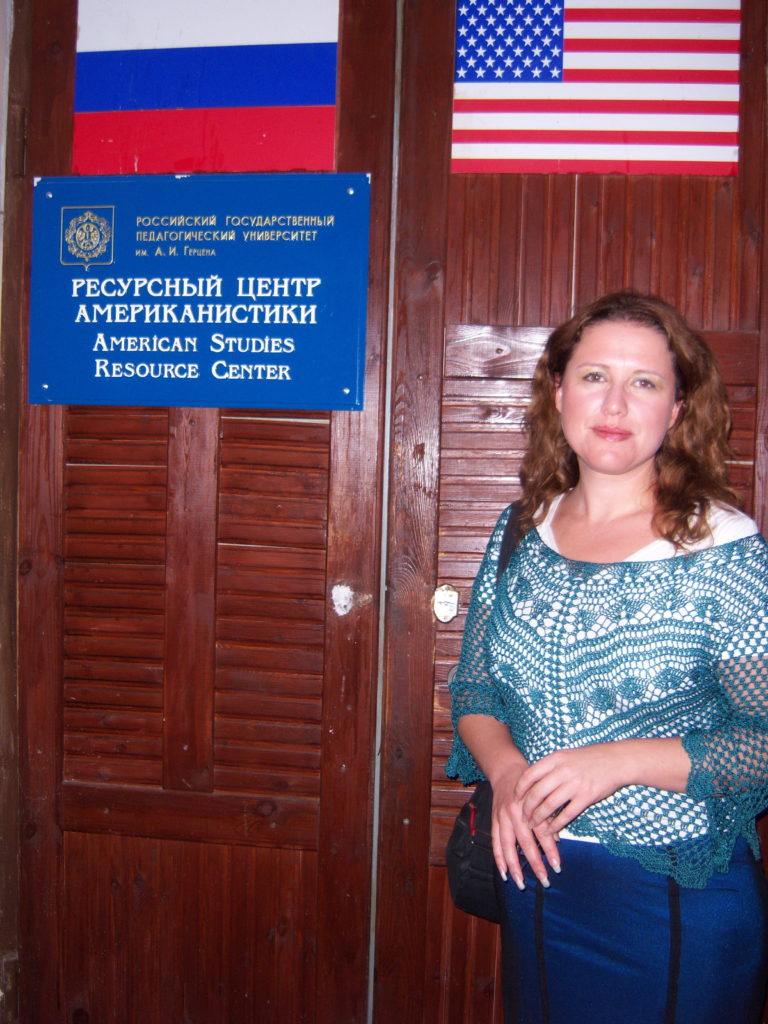
Professor François Grosjean, the Emeritus Professor of psycholinguistics at Neuchâtel University, Switzerland is a specialist in bilingualism, multilingualism and heritage language speakers. Last week, he wrote a blog piece, Portraying Heritage Language Speakers: Heritage language speakers are bilinguals with a difference. in Psychology Today about my case as a Russian heritage speaker working in the former Soviet Union.
I learned Russian, my heritage language, because that was the language I grew up with at home but I had very limited formal education in the language. (I came to the United States from Russia as a young child.)
Difference between heritage speakers and native speakers
Heritage speakers have a special place in the range of multilingualism. They are different than native speakers because they often lack the same extensive vocabulary that a native would have. They may make mistakes speaking their heritage language although they may speak it without an accent.
Heritage speakers require a different approach to properly learning the grammar, writing and vocabulary of their “native” heritage tongue.
Heritage language curriculum
I am very glad that the San Francisco School District has Russian heritage language classes for Russian immigrant children or US-born children of Russian speaking parents. This type of specific curriculum makes sense. Otherwise, heritage speakers get bored in a language class that starts from zero that’s meant for people who have no background in the language.
It’s like my Portuguese book, Com licença!: Brazilian Portuguese for Spanish Speakers , which is for Spanish speakers who want to learn Portuguese from a Spanish base. The book is designed for people who can learn the language much quicker than someone with no background in a Romance language.
While promoting multilingualism, teachers and curriculum providers need to take into account the various skills ranges of their students.













It must be hard for you to have no language to speak authentically, without accent. 🙁
No, my English is spoken in a clear US accent.